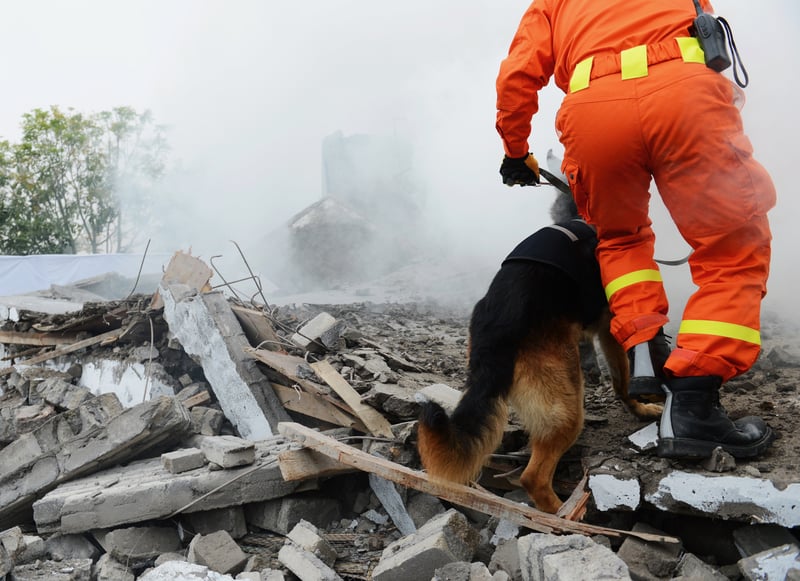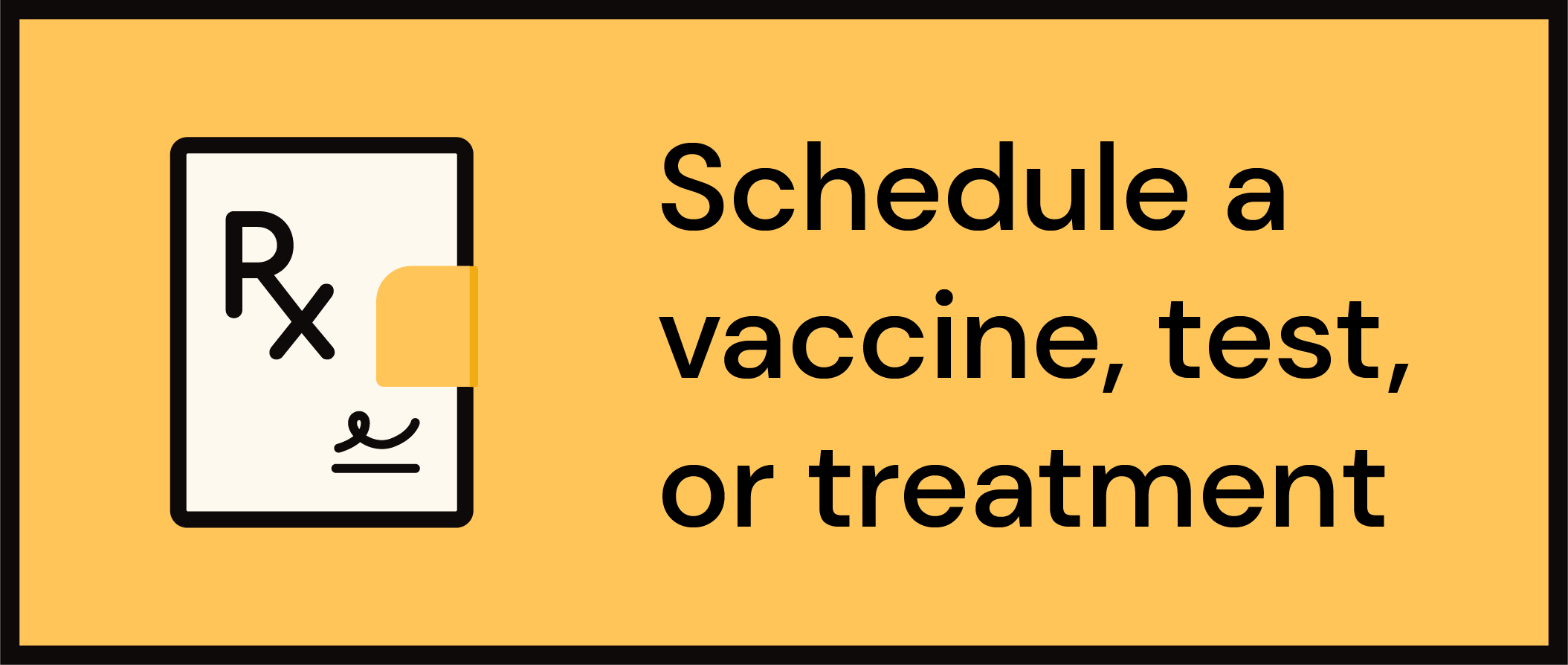Get Healthy!

- Cara Murez
- Posted September 19, 2023
Earthquakes Are Unpredictable: Plan Ahead to Lower the Danger
When an earthquake struck the center of Morocco earlier this month, killing nearly 3,000 and injuring thousands more, no one was expecting it.
That sudden rapid shaking of ground as the rocks underneath the earth shift can happen anywhere, but higher-risk areas in the United States include Alaska, California, Hawaii, Oregon, Puerto Rico, Washington and the entire Mississippi River Valley.
In their aftermath, earthquakes can cause fires, tsunamis, landslides and avalanches.That's why the best time to prepare for such a disaster is before it happens, according to the U.S. Federal Emergency Management Agency (FEMA).
FEMA offers some tips for preparing for an earthquake.
Start preparing by creating an emergency plan that includes an out-of-state contact, FEMA suggests.
Know where your family will meet if you get separated.
Have a supply kit that includes enough food and water for several days, a flashlight, a fire extinguisher and a whistle, FEMA advises. Supplies can be expensive, so it's fine to slowly build them up.
Make your home a safer place in the event of an earthquake by securing heavy items, such as bookcases, refrigerators, water heaters, televisions and items that hang on walls. Store heavy and breakable items on low shelves.
Fix any structural problems at home that could collapse if there was an earthquake, FEMA recommends.
Get earthquake insurance, if you can. Standard homeowner's insurance does not cover earthquake damage.
FEMA also offers tips for staying safe during an earthquake, including pulling over and stopping your car if that's where you are when the quake happens. Set your parking brake.
Turn face down if you're in bed and cover your head and neck with a pillow.
Stay outdoors and away from buildings if that's where you are when the quake begins.
Do not run outside if you're inside when the quake starts. Avoid doorways.
Whatever you're doing, drop to your hands and knees and hold onto something sturdy. If you're using a wheelchair or walker, make sure your wheels are locked and stay seated.
If you're able to crawl under a table or desk for shelter, do so. Cover your head and neck with your arms.
If there is no desk or table to shelter under, crawl to an interior wall, away from windows, but only if you can reach that without going through an area of more debris.
Stay on your knees or bent over, FEMA advises, to protect vital organs.
If you are able to shelter under a table or desk, hold on. If seated and not able to drop to the floor, bend forward, cover your head with your arms and hold on to your neck with both hands.
Even after the quake has finished, there are still major hazards to be wary of, including damage to the building, leaking gas and water lines, or downed power lines.
Expect aftershocks to follow the main shock of an earthquake. Be ready to "Drop, Cover and Hold On"if you feel an aftershock, FEMA advises.
After the earthquake, quickly move away from a damaged building. Do not enter damaged buildings.
Try to reach others if you are trapped by sending a text or banging on a pipe or wall. Cover your mouth with your shirt for protection. Instead of shouting, use a whistle.
Do not stay in an area that may experience a tsunami. Go inland or to higher ground immediately after the shaking stops. Avoid contact with floodwaters. They may contain chemicals, sewage and debris.
Check yourself to see if you are hurt. Help others if you have training. Learn how to be the help until help arrives.
If you are experiencing a medical emergency, call 9-1-1.
After you are safe, get local news reports for emergency information and instructions using a battery-operated radio, TV, social media or from cellphone text alerts.
Register on the American Red Cross "Safe and Well"website, which lets others know you are OK.
Communicate by text message, which may be more reliable than phone calls.
Use caution when cleaning up, wearing protective clothing, including a long-sleeved shirt, long pants, work gloves and sturdy thick-soled shoes.
Do not try to remove heavy debris by yourself, FEMA cautions.
Use an appropriate mask if cleaning mold or other debris.
If you have asthma, other lung conditions or immune suppression you should not enter buildings with indoor water leaks or mold growth that can be seen or smelled. Children should not take part in any disaster cleanup work.
More information
The American Red Cross offers additional tips for earthquake safety.
SOURCE: FEMA/ready.gov, Sept. 6, 2023








